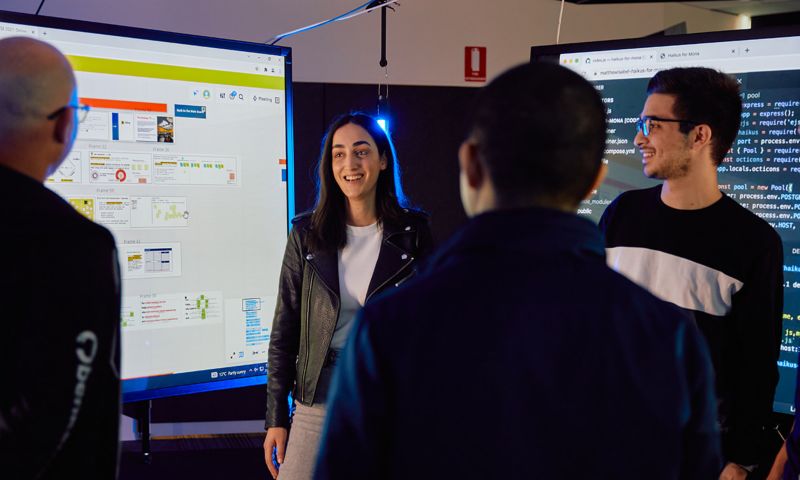Which Masters in IT is right for you?
Interested in studying a Masters in IT but not sure which one is for you? Information technology, artificial intelligence, data science or cyber security... we’ll help you understand the outcomes and focus of each.
What’s next in AI? We asked three women in STEMM
We asked three women in STEMM at RMIT about the emerging trends in AI, and how they address questions of transparency and privacy.
Data Science 101: from job growth to industry opportunities
Solve some of the world’s biggest challenges with data science.



